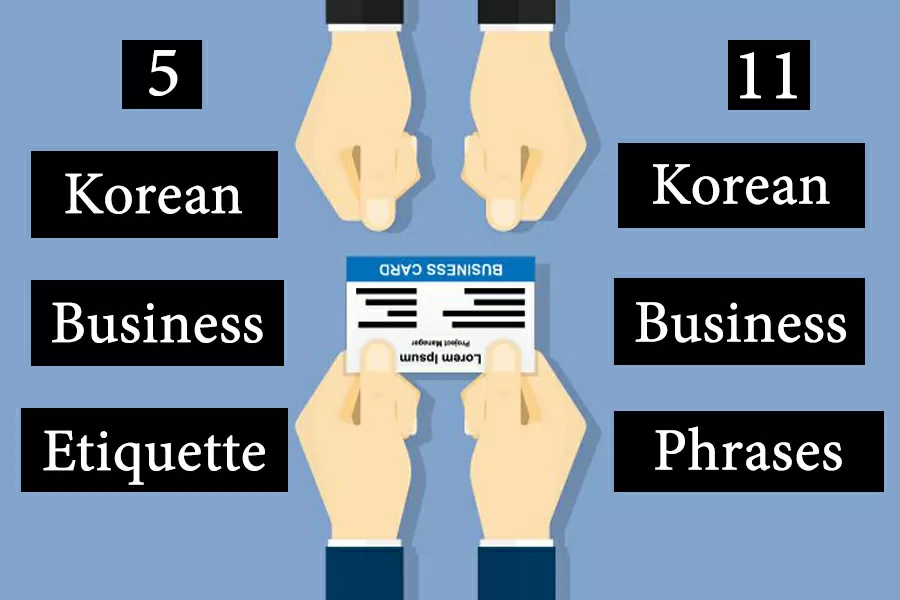
Businessetiquettearticles.com – Doing business in Japan can be a rewarding experience, but it’s important to understand and respect their unique cultural norms and business etiquette. Here’s a breakdown of key things to remember:

Before You Go:
- Business Cards (Meishi): These are highly valued in Japan. Invest in high-quality cards with your name, title, company name, and contact information in both English and Japanese.
- Dress Code: Dress conservatively and professionally. Men should wear dark suits, white shirts, and muted ties. Women should wear skirt suits or pantsuits in neutral colors. Avoid anything too revealing or casual.
- Gifts (Omiyage): It’s customary to bring a small gift for your host when visiting their office. Choose something high-quality and typically from your home country.
Greetings and Introductions:
- Bowing: The bow is a common greeting in Japan. The deeper the bow, the more respect it conveys. A slight bow is sufficient for initial greetings, with a deeper bow for superiors or as a thank you.
- Punctuality: Be on time, preferably arriving 10 minutes early. Punctuality shows respect and reliability.
- Introductions: The most senior person in your group is introduced first, then others by order of seniority. Use titles (san, -sama) when addressing someone.
Meetings:
- Business Cards: Present your business card with both hands, holding it by the edges and turning the Japanese side towards the recipient. Receive a card with both hands and examine it briefly. Place it on the table in front of you throughout the meeting.
- Non-verbal Communication: Maintain good eye contact, but avoid staring. Sit up straight and avoid fidgeting.
- Decision Making: Decisions are often made by consensus and may take longer than you’re accustomed to. Be patient and avoid being overly assertive.
- Gifts: Gifts are usually exchanged at the end of the meeting.
General Tips:
- Language: While English is becoming more common, some knowledge of basic Japanese phrases is appreciated.
- Table Manners: Slurping noodles is acceptable, but avoid speaking with your mouth full. Use chopsticks correctly and don’t point them at anyone.
- Respectful Communication: Speak softly and avoid using slang or humor that might not translate well.
By following these tips, you’ll be well on your way to a successful and respectful business interaction in Japan. Remember, cultural sensitivity goes a long way in building trust and rapport with your Japanese counterparts.


No Comments